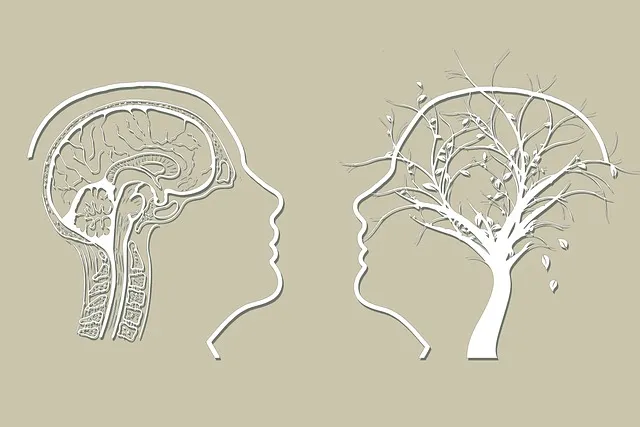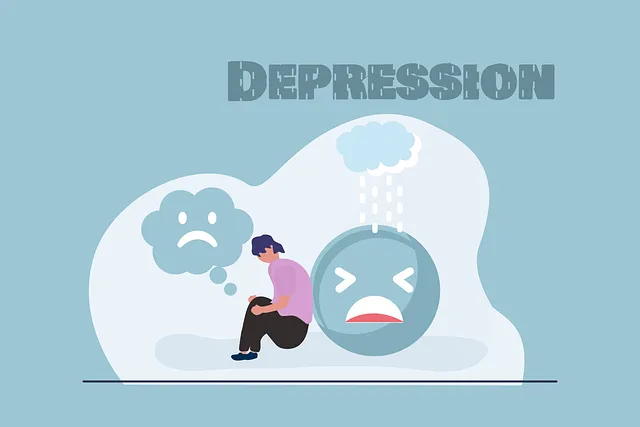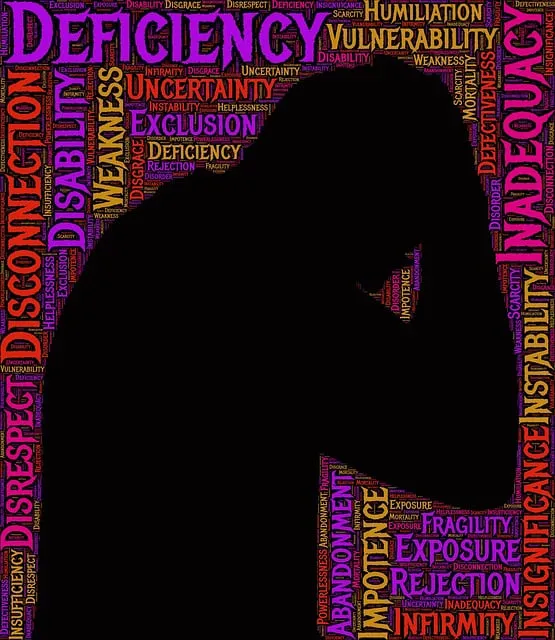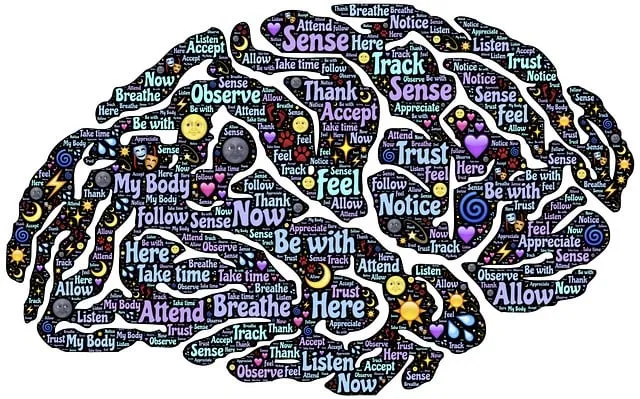Aurora Kaiser Permanente goes beyond clinical treatments with its comprehensive Community Outreach Program, focusing on emotional intelligence (EI) as a cornerstone of holistic well-being. Their program includes Trauma Support Services to enhance emotional regulation skills tailored to diverse community needs. By integrating EI practices into mental health coverage, they create an empowering environment that helps individuals navigate life's challenges with resilience and self-awareness. Through strategies like mindfulness meditation and coping skills development, Aurora Kaiser Permanente equips individuals with tools to reduce stress, improve relationships, and achieve higher life satisfaction.
Emotional intelligence (EI) is a powerful tool for navigating life’s complexities, and its importance is increasingly recognized, especially within healthcare systems like Aurora Kaiser Permanente. This article explores EI from various angles, including its definition, significance for overall well-being, and practical strategies to enhance it in daily life. We also delve into challenges and measurement techniques, offering insights relevant to mental health coverage and personal growth.
- Understanding Emotional Intelligence: The Aurora Kaiser Permanente Mental Health Coverage Perspective
- Why Building Emotional Intelligence is Essential for Overall Well-being
- Practical Strategies to Enhance Emotional Intelligence in Daily Life
- Navigating Challenges and Measuring Growth in Emotional Intelligence Development
Understanding Emotional Intelligence: The Aurora Kaiser Permanente Mental Health Coverage Perspective

At Aurora Kaiser Permanente, we recognize that emotional intelligence (EI) is a cornerstone of overall well-being and mental health. Our mental health coverage extends beyond clinical treatments, acknowledging the profound impact of EI on individuals’ daily lives and relationships. We believe that fostering emotional intelligence can empower our community members to navigate life’s challenges with resilience and self-awareness.
Through our comprehensive Community Outreach Program Implementation, we offer Trauma Support Services designed to enhance emotional regulation skills. These services are tailored to meet diverse needs, ensuring that everyone in our community has access to the resources required to build and maintain strong emotional intelligence. By integrating EI practices into our mental health coverage, Aurora Kaiser Permanente strives to create a more supportive and connected environment for all individuals seeking care.
Why Building Emotional Intelligence is Essential for Overall Well-being

Building emotional intelligence (EI) is a cornerstone for achieving and maintaining overall well-being. EI, as advocated by experts like Aurora Kaiser Permanente in their mental health coverage programs, equips individuals with the ability to understand, manage, and express their emotions effectively. This skill set fosters healthier relationships, reduces stress levels, and promotes better decision-making, all of which contribute significantly to mental wellness.
Without adequate EI, coping skills development can be hindered. Journaling exercises designed to enhance mental wellness become less effective as individuals struggle to recognize and regulate their emotional responses. Aurora Kaiser Permanente’s approach emphasizes that by developing EI, one gains a deeper understanding of oneself, leading to improved self-care practices and overall life satisfaction.
Practical Strategies to Enhance Emotional Intelligence in Daily Life

Building emotional intelligence (EI) is a journey that can enrich both personal and professional relationships. Aurora Kaiser Permanente mental health coverage offers valuable resources for individuals seeking to enhance their EI, ultimately leading to improved well-being and better connections. One practical strategy is Mindfulness Meditation. Dedicating even just a few minutes each day to calm the mind and focus on the present moment can significantly reduce stress and increase self-awareness—key components of emotional intelligence. By observing thoughts and feelings without judgment, individuals can develop a deeper understanding of their own emotions and those of others.
Additionally, Coping Skills Development plays a pivotal role in EI growth. Learning healthy coping mechanisms such as deep breathing exercises, progressive muscle relaxation, or engaging in hobbies that foster a sense of calm and control can help manage intense emotions effectively. These skills not only improve one’s ability to handle challenging situations but also strengthen relationships by fostering empathy and understanding. Aurora Kaiser Permanente mental health resources provide a supportive environment for individuals to explore these strategies and cultivate lasting emotional intelligence.
Navigating Challenges and Measuring Growth in Emotional Intelligence Development

Navigating Challenges is an integral part of emotional intelligence (EI) development. As individuals confront and overcome obstacles, they refine their self-awareness, empathy, and regulatory skills. Aurora Kaiser Permanente’s mental health coverage plays a pivotal role in this journey by providing access to resources and professionals who can guide individuals through complex challenges. Through therapy, counseling, and support groups, individuals learn effective coping skills development and stress reduction methods, fostering growth and resilience.
Measuring the progress of EI development is crucial. The Mental Health Policy Analysis and Advocacy framework offers a structured approach to assess improvements. By tracking changes in emotional perception, response management, and interpersonal interactions, individuals can gauge their advancement. This continuous evaluation allows for targeted adjustments and reinforces positive habits, ultimately enhancing overall well-being and relationships.
Emotional intelligence is a powerful tool for enhancing overall well-being, as evidenced by Aurora Kaiser Permanente’s mental health coverage perspective. By understanding and managing our emotions, we can forge stronger connections, make better decisions, and navigate life’s challenges more effectively. Through practical strategies like mindfulness, active listening, and self-awareness exercises, anyone can improve their emotional intelligence in daily life. As we continue to grow and develop, it’s essential to track our progress and embrace the continuous learning journey that is emotional intelligence development.






